-
we give you the best
मुख्यमंत्री चिरंजीवी स्वास्थ्य
बीमा योजना के अंतर्गत
निशुल्क उपचार की सुविधा
उपलब्ध है -
Empanelled with RAILWAY & ESIC
We Are 1st Fully
NABH Accredited
Hospital in Kota, Rajasthan -
FREE IPD, OPD & MEDICINE
पेट रोग, हर्निया, पाईल्स,
फिशर,पित्त की पथरी,
गर्भाषाय संबधित
ABOUT US
Best Hospital in Kota
Jain Surgical Hospital is a reputed surgical hospital in Kota offering all types of surgical facilities. Our service range includes laparoscopy surgery, urology surgery, gynecology & obstetric surgeries, endoscopic procedure, plastic surgery, onco surgery, general surgery, orthopedic surgeries and all type of emergencies.We feel proud to say that Jain Surgical Hospital is the best Laparoscopy hospital in Kota with high experience Laparoscopic surgeons in Kota.
Best Chiranjeevi Yojna Hospital in Kota, RGSH Hospital in Kota
” Surgery is the last option and we know how to perform it as it’s hope for us and our patients to have the solution of their medical problem. That’s our motto.”
Dr. Amrish Patodi Medical Director, Laparoscopic
Surgeon
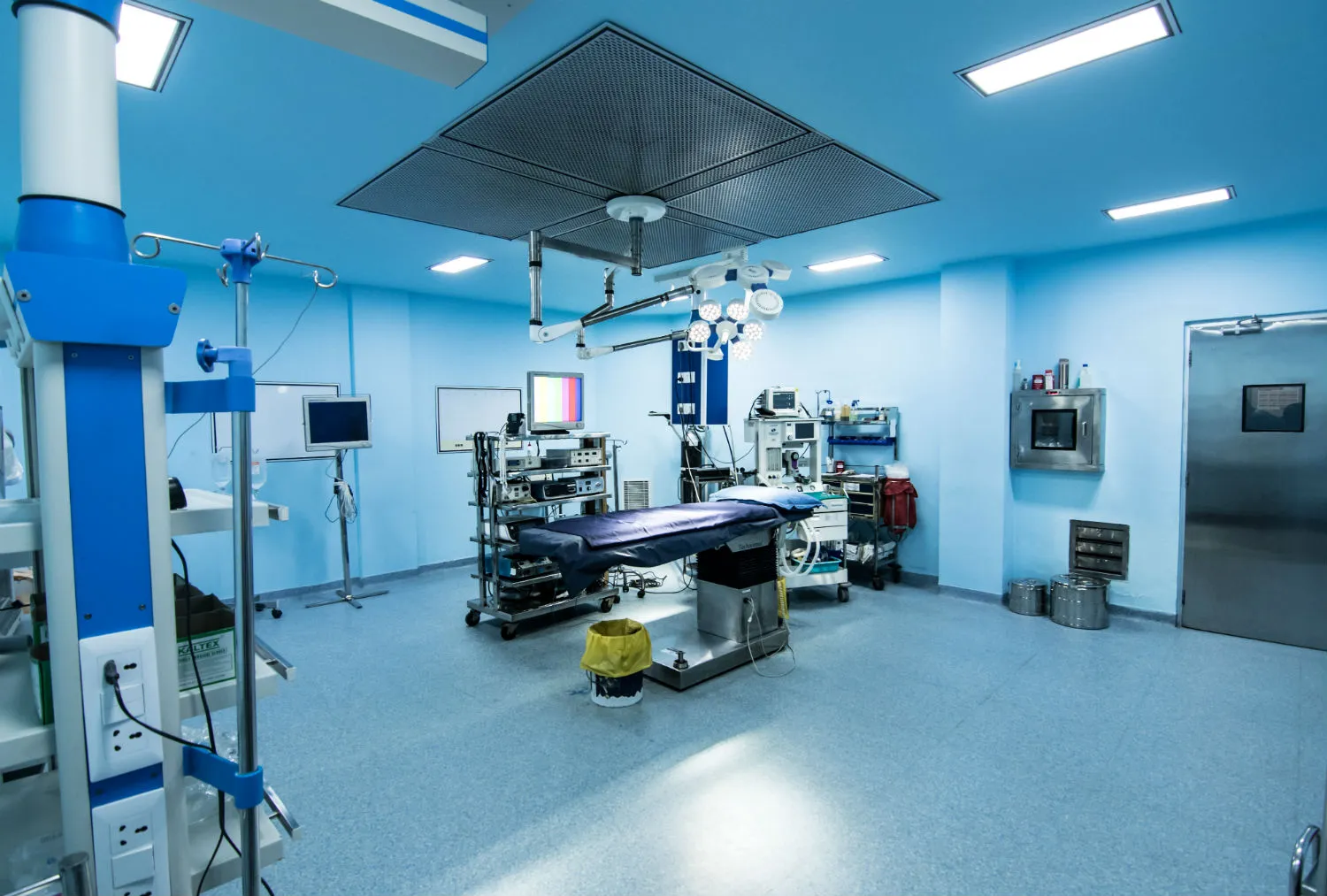

Piles Helpline. To know about Piles and Piles Surgery By Laser
Call Us On +91-9799674999
Laparoscopy Surgery
Jain Surgical Hospital make itself a brand name is Laparoscopic surgeries and offering a very broad range of Laparoscopy surgeries. Some of them are listed as follows
- GENERAL LAPAROSCOPY
- GYNECOLOGY LAPAROSCOPY

Comprehensive & individual care for all patients
Jain Surgical Hospital make itself a brand name is Laparoscopic surgeries and offering a very broad range of Laparoscopy surgeries.
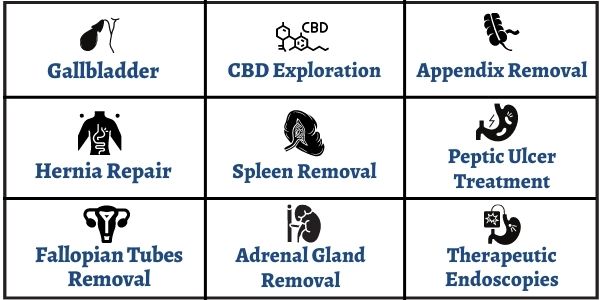
Comprehensive & individual care for all patients
Jain Surgical Hospital make itself a brand name is Laparoscopic surgeries and offering a very broad range of Laparoscopy surgeries.
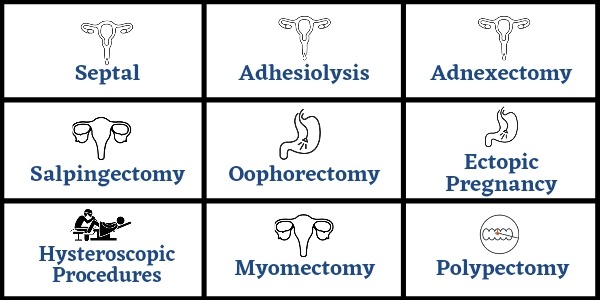
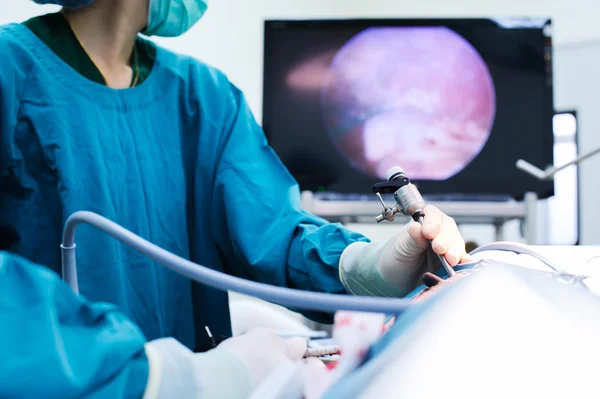
WHY CHOOSE US
Hygienic Environment and State of Art Technology
Expert Doctors
100%
Success Rate
95%
Less Prices
30%
HEMORRHOID PILES
Painless Piles Surgery By Lasers
We understand that Piles ( Bavasir ) may not be a subject you feel comfortable talking about, but there is no need to suffer in silence. If you have piles, you are not alone. It is estimated that piles will affect at least 50% population at some point during their lives, that makes it one in two of us! Jain Surgical Hospital & Maternity Home feel proud to say that we are one of the best piles hospital in kota.
- Piles are collections of tissue and vein that become inflamed and swollen
- The Size of piles can vary, and they are found inside or outside the anus
- Piles occur due to chronic constipation, chronic diarrhea, lifting weights,pragnenvy or straining when passing a stool
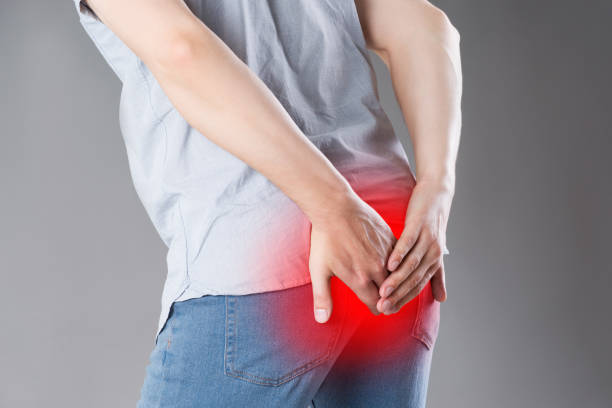
TESTIMONIALS
What Our Patient's Talking ?
Jain Surgical Hospital make itself a brand name is Laparoscopic surgeries.
HAPPY PATIENTS







BLOGS
News & Feedback
What Is First Stage Of Piles?
What Are The 4 Stages Of Piles?
Year Of Experience
Laparoscopic Surgeries
Normal Deliveries
Caesarean Deliveries




















